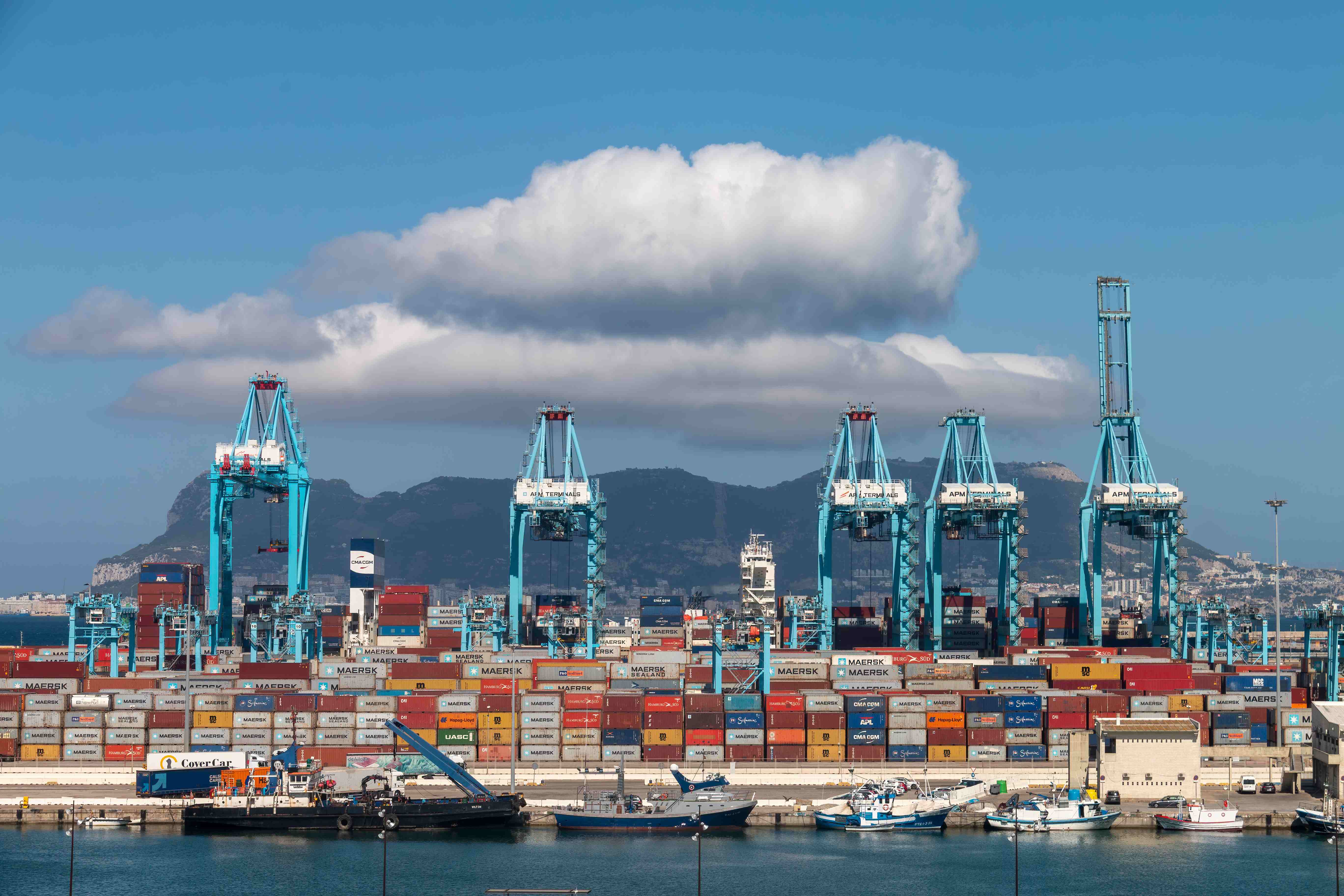Shipping Should Not Be Treated Like An OECD Economy Says International Chamber of Shipping
The International Chamber of Shipping (ICS), representing ship operators worldwide, has commented on the suggestion of a carbon charge for shipping made by the International Transport Forum, a think-tank affiliated to the OECD.
ICS questions why international shipping should accept a carbon price of $US25 per tonne of CO2, as proposed by the ITF.
This would be almost three times higher than the carbon price paid by shore based industries in developed nations. About 70% of the world merchant fleet is registered in UNFCCC ‘non-Annex I’ developing countries, and maritime trade is of vital benefit to rich and emerging economies alike.
ICS emphasises that shipping is committed to reducing CO2 and has a responsibility to contribute to the achievement of the United Nations ‘2 degree’ climate change goal. But the UNFCCC recognises that developed and developing nations should accept differing commitments, and shipping is no different, especially in view of its vital role in the movement of about 90% of global trade.
While China and India, for example, have already made positive CO2 reduction commitments to COP 21, these will not deliver absolute CO2 reductions for several years. Some richer nations, however, consistent with the UNFCCC CBDR principle, have made more ambitious commitments. Shipping meanwhile has already reduced its total CO2 emissions by more than 10% (2007- 2012) and CO2 per tonne-mile by around 20% (2005 – 2015). It is therefore on course for carbon neutral growth.
“While shipping may currently have CO2 emissions comparable to a major OECD economy, it is inappropriate for the ITF to propose that the industry should be treated like an OECD economy” said ICS Secretary General, Peter Hinchliffe.
ICS also says that the ITF is incorrect to state that a proposal by the Marshall Islands to discuss the development of a CO2 reduction target for shipping ‘was not acted upon within the IMO’.
The issue was placed on the agenda of the next IMO Marine Environment Protection Committee, and will be debated fully by IMO in April 2016, taking account of the outcome of the UN Climate Conference in Paris.
The shipping industry, as represented by ICS, plans to respond positively during the IMO debate about possible targets, taking account of the significant reductions that will be delivered by the Energy Efficiency Design Index (already a binding measure agreed by IMO) as well as further operational measures and the impact of new technology.
Finally, the ITF paper says that ICS has recently declared a preference for a fuel levy. In actual fact, ICS came to this position before the current IMO discussions on Market Based Measures were paused in 2013.
The position of ICS remains that if IMO Member States should decide to adopt a shipping MBM, the industry’s clear preference is for a fuel levy, rather than an emissions trading scheme or other complex alternatives that would distort global shipping markets. However, if a levy was developed by IMO, ICS believes that any money collected should be proportionate to international shipping’s share of the world’s total CO2 emissions (2.2% in 2012 compared to 2.8% in 2007), not the 26 billion dollars a year suggested by the ITF.
Related content

LEG 111-4(a)-2 – (a) Provision of financial security in case of abandonment of seafarers, and shipowners’ responsibilities in respect of contractual claims for personal injury to, or death of, seafarers, in light of the progress of amendments to the ILO Maritime Labour Convention, 2006 Comments on document LEG 111/4(a)

Shipping takes action on drug smuggling

Clarity hard to find as ETS enters force
